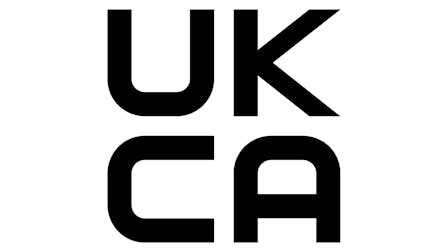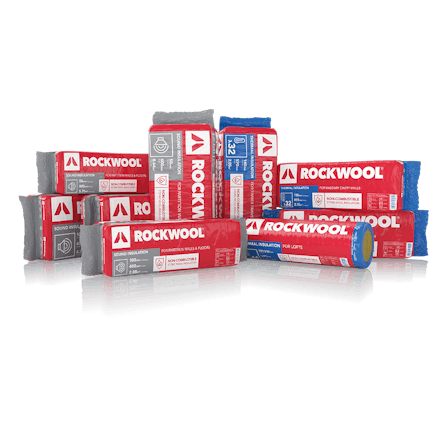Why Is CE Marking Important?
CE marking is required for certain products before they can be legally placed on the market within the European Economic Area (EEA), which includes the 27 member states of the EU, as well as Iceland, Norway, and Liechtenstein. It demonstrates that the product meets the applicable EU directives or regulations that govern its specific category.
CE marking of construction products
In the case of construction products, CE marking is not a quality mark; it signifies that a product complies with the harmonised standards relevant to its category, ensuring a minimum level of health, safety, and environmental protection.
The CE marking of construction products utilises a common, agreed set of European standard test methods and classification systems to provide the end-user with a way of comparing relative property performances.
This approach has standardised the key features of insulation materials (e.g. thermal conductivity, reaction to fire, mechanical characteristics etc.) and ensures an accurate comparison of products across the market is established.
How do products become CE marked?
To affix the CE marking, manufacturers or their authorised representatives must carry out conformity assessment procedures, which may involve testing, documentation reviews, or quality assurance processes. The specific requirements vary depending on the product and the relevant EU directives or regulations.







